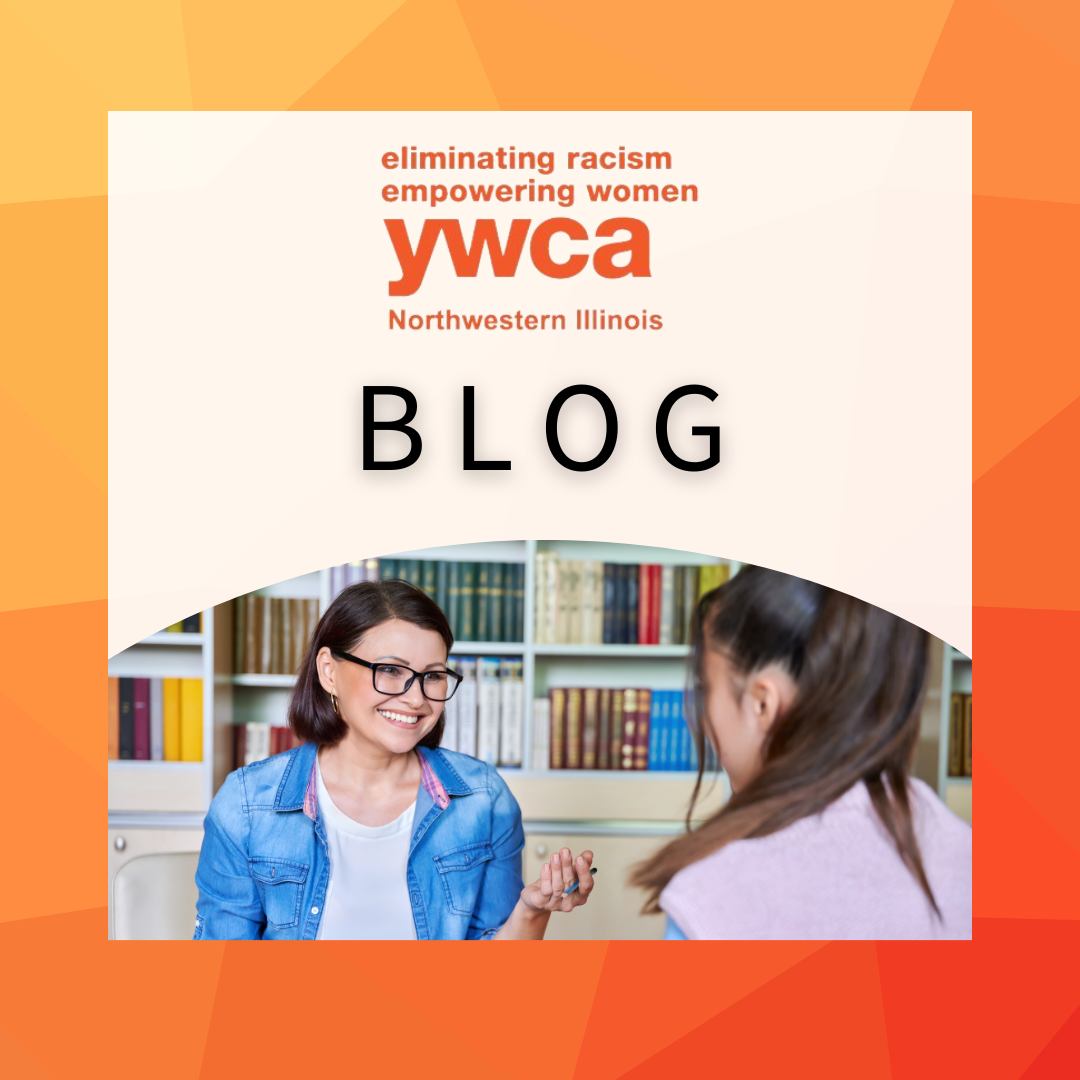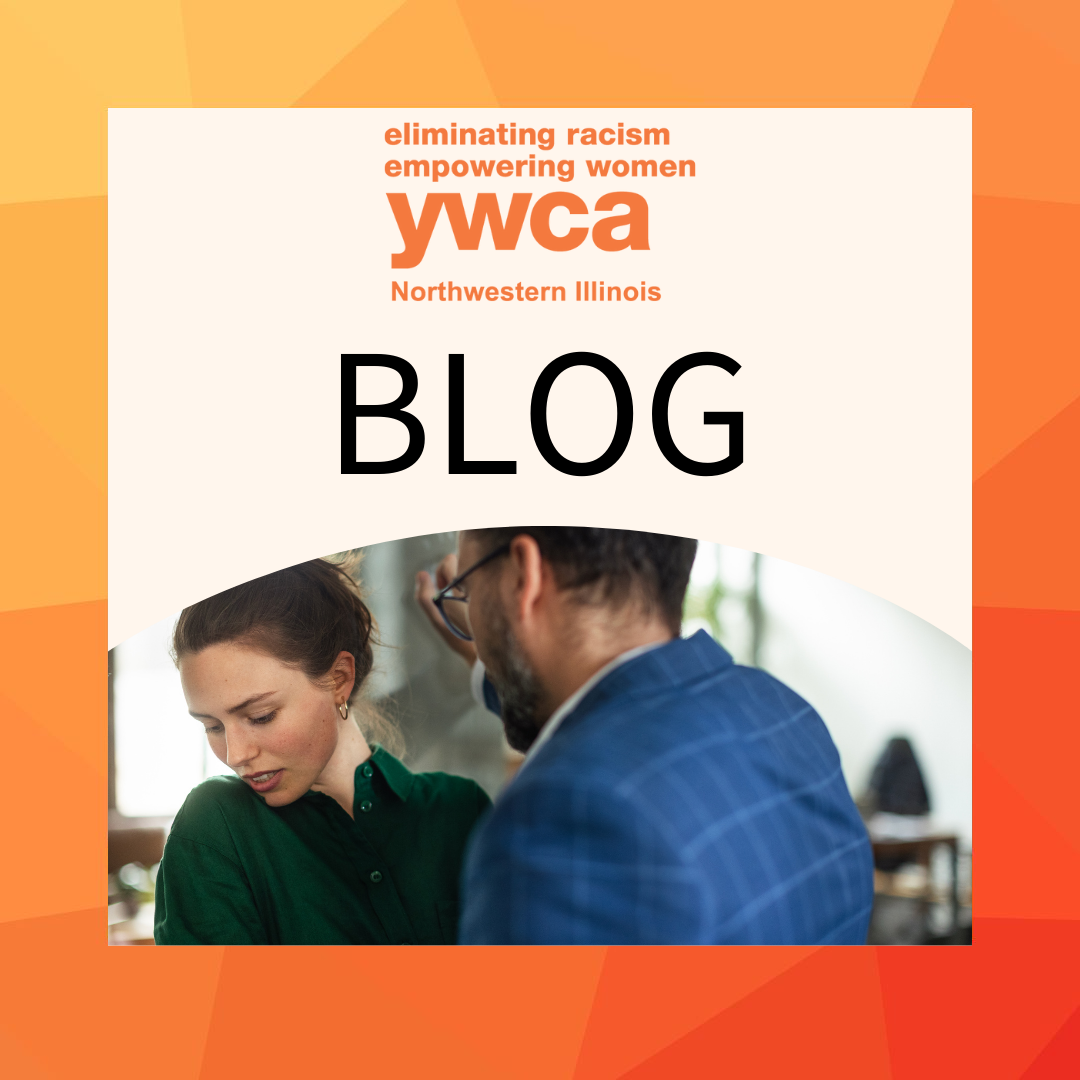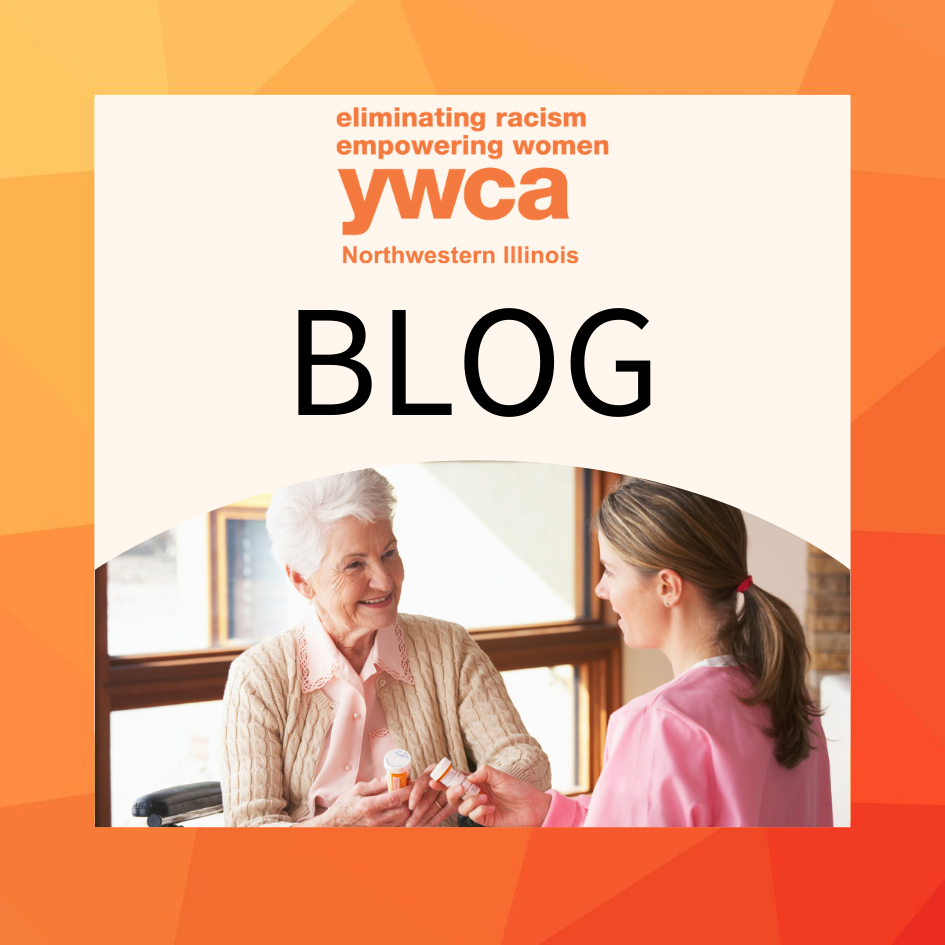Social work is the heart and soul of any community. It may not be you or someone in your immediate family, but you may know someone or have come into contact with someone that has been in need of some sort of community service assistance.
Social workers help families access basic needs within their community or explore what community resources may benefit a family and their needs. There are many programs in our own community that most people are not aware exist. A huge role of a social worker is to become knowledgeable of their own community and the resources offered, so in return, these social workers can pass information to families who may be in need.
Programs are put in place to be there for you in the time of disaster and or crisis. We all experienced a time of disaster and crisis just a few years ago during COVID-19. We as a nation needed assistance to get by, whether it was unemployment, food stamp increase, even rental and mortgage assistance.
Those community programs are put on by social workers, advocacy case managers, and community organizers. These types of social workers help people reach people for help and connection. Social workers show compassion, empathy, and strength. According to the National Association of Social Workers, there are 16 different types of social workers. All of these types of social workers are here working in our community at different types of agencies, hospitals, and outpatient offices.
While each type of Social Work is important, in our community there are three critical types of Social Work that help our diverse population thrive in times they need it most: Advocacy & Community Organization, Child Welfare, and Mental Health and Substance Use Social Work.
Let’s take a look at the different types of social workers:
- Administration and Management
- Advocacy & Community Organization
- Aging
- Child Welfare
- Developmental Disabilities
- Health Care
- International Social Worker
- Justice and Corrections
- Mental Health and Clinical Social Work
- Mental Health and Substance Use Social Work
- Occupational and Employee Assistance Program (EPA) Social Work
- Policy and Planning
- Politics
- Public Welfare
- Research
- School Social Work
Advocacy & Community Organization
The work advocates do is usually on an individual basis to help the individual back to self-sufficiency, which can take weeks, months or even years. The Advocates in all community programs are a vital part to helping all community organizations work at the individual level. As an advocator, a social worker will guide and encourage clients to get on the right track. Most clients who are in crisis usually feel as if they are alone or have no “team” behind them. As an advocator, these social workers gain confidence from their clients in order to build a trust and sense of security within them so they can better assist them.
Child Welfare
The work specialized social workers do in child welfare organizations is crucial and takes a special kind of compassion and caring. These social workers will work to provide additional services to all family members while working to keep the family intact or to get the parent(s) back to permanency. Child welfare social workers are the front line “team” when children are in an unsafe environment. These social workers act as protectors in a way for the children. These types of social workers see the dangers of unsafe homes firsthand and they are the ones to make tough calls and take action when a child is in an unhealthy or unsafe environment.
Mental Health and Substance Use Social Work
As in all social work, care, compassion, and empathy are the driving forces to help those in need of mental health and substance use. It takes people to help people and social workers are educated, trained, and experienced to get individuals to better health. Social workers are in a position that requires patience, caring, drive, and strength to provide their clients the services that are needed in a time of pain, trauma, crisis, or support. It is important that all community agencies are in collaboration with each other within the community to provide support to not only clients, but other social workers as well (we are a team). When agencies can collaborate and assist each other in the community, social workers are able to get help to their clients and community.
Community involvement is also a huge piece of helping social workers. By hosting resource fairs, community activities, and community collaboration events, that helps spread the word that help is available and accessible. Individuals help these social functions by donations.
You can help donate by:
- Donating your time
- A random act of kindness – paying for a coffee for the person behind you in the drive through line or offering to walk the neighbor’s dog
- Participate in fundraisers and charity events
- Help a child in need
- Volunteer at your local senior living community
- Plant a tree
- Recycle your plastic at a local recycling center
- Volunteer at the local food pantry or homeless shelter
In our area, here are agencies that can connect you to help:
- IDHS Illinois Department of Human Services
- Family Advocacy Center (FAC) YWCA Northwestern Illinois
- YWCA Northwestern Illinois La Voz Latina
- Rosecrance
-Amy & Liz, Family Advocacy Center




